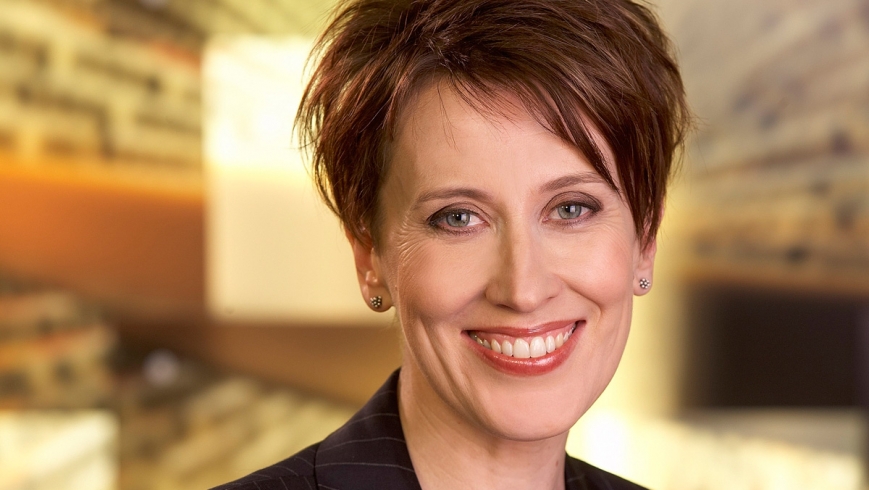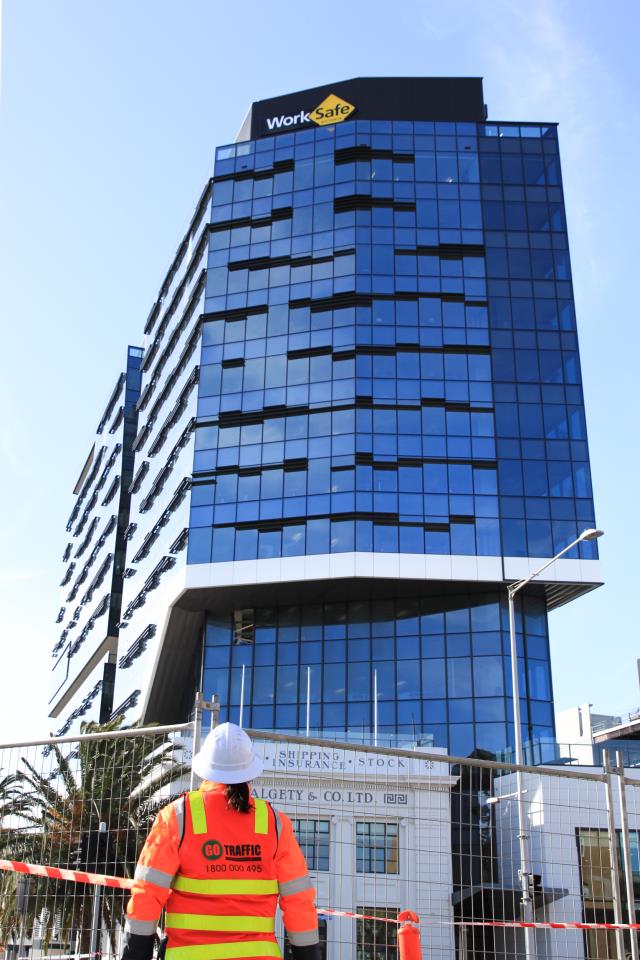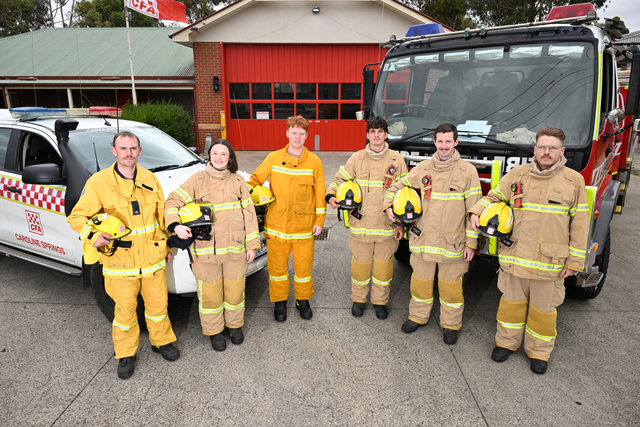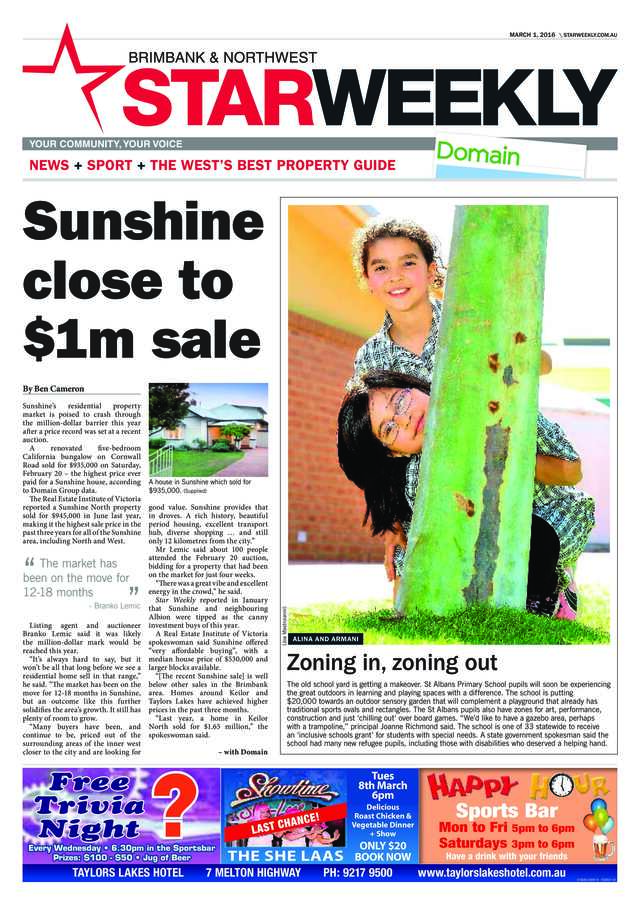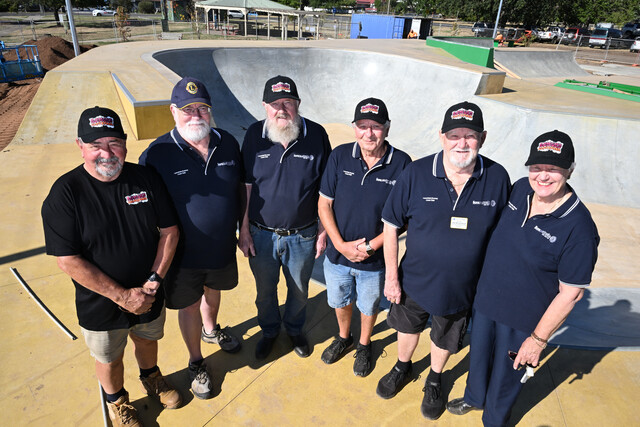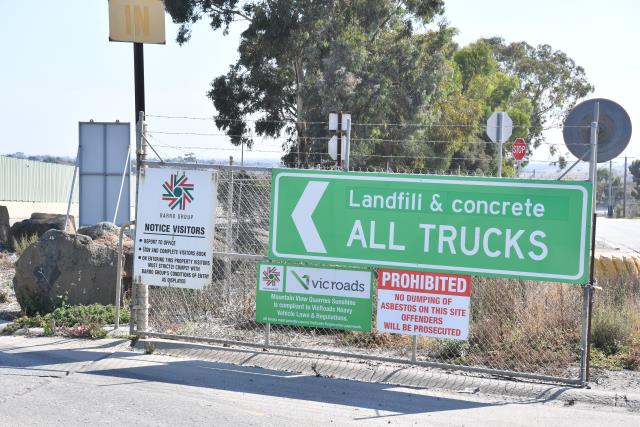There’s something about the hermetically sealed environment of the two-day conference that I find deeply reassuring. The little lanyard of belonging that swings around your neck; that nifty shoulder bag stuffed with a telephone book of helpful brochures (and stress ball, and mints); and then there’s the conference food. For an unabashed glutton like me, a day of fully catered breakfast/morning tea/lunch/afternoon tea, and all the biscuits you could want in between, is like a kind of mini-holiday – but with lectures. Food for thought and food. Heaven.
At a gathering this week of public and private sector professionals engaged in workplace health and safety, I was surprised to learn that the buzz phrase was the “mentally healthy workplace”: the work environment in which people were engaged and enlivened by their work, where people were treated with respect, where they felt safe to report emotional or psychological problems, and where they could share troubles without fear of derision or loss of status.
Surprised because I know that mental health advocates have for years had a devilish time trying to get their field of expertise taken seriously in the workplace. It looks like they’ve finally got there.
Such workplaces report remarkably lower levels of absenteeism, high levels of ongoing employment by workers with mental health issues and faster rates of return to work.
And it seems that employers now have little choice but to take the issue of psychological injury seriously. According to Comcare, the mob that looks after Australia’s worker’s compensation scheme, emotional injuries such as trauma, stress or bullying will very soon start to outstrip physical injuries in the Australian workplace: and if not in actual number of incidents, then certainly in cost.
It is very, very expensive to diagnose, treat and manage emotional injury.
The need for treatment is very high – counsellors and psychologists are important but often open-ended caregivers. And getting injured people back to work is tricky and costly. Everyone knows how to fix the faulty platform that led to the fall and the injured leg: how do you fix a workplace that’s prone to emotional injury?
Now before you start rolling your eyes at the notion of phantom or bogus complaints about stress, bullying or trauma, the experience of hard-nosed private enterprises such as high-profile construction and transport groups might be salutary. In many cases, according to Comcare, the performance of such private enterprises in dealing with emotional injuries is far better than the public sector because of the bottom line imperative: they get that it’s going to cost them, and that a mentally healthy workforce is simply going to be a better performing and more effective one.
Some of the examples of a more enlightened workplace will surprise you. There’s the well-being and mental health agenda at National Australia Bank, where open discussion about mental health has been established from the very top of the organisation down, and where employees with mental health issues are productively employed and engaged.
NAB says one reason they do this is “because the law says we must”, but the more compelling reason is that it creates a workforce that is more engaged, resilient and productive.
Yes, much of this is stating the obvious, but you’d be amazed at how many workplaces still don’t get it. In the competitive world of building and maintaining exceptional workforces, some places will have a big edge over some others and, as any successful athlete will tell you, that edge is always going to be a mental one.
» Virginia Trioli is co-host of ABC News Breakfast on ABC1 and ABC News 24, 6am-9am weekdays.

